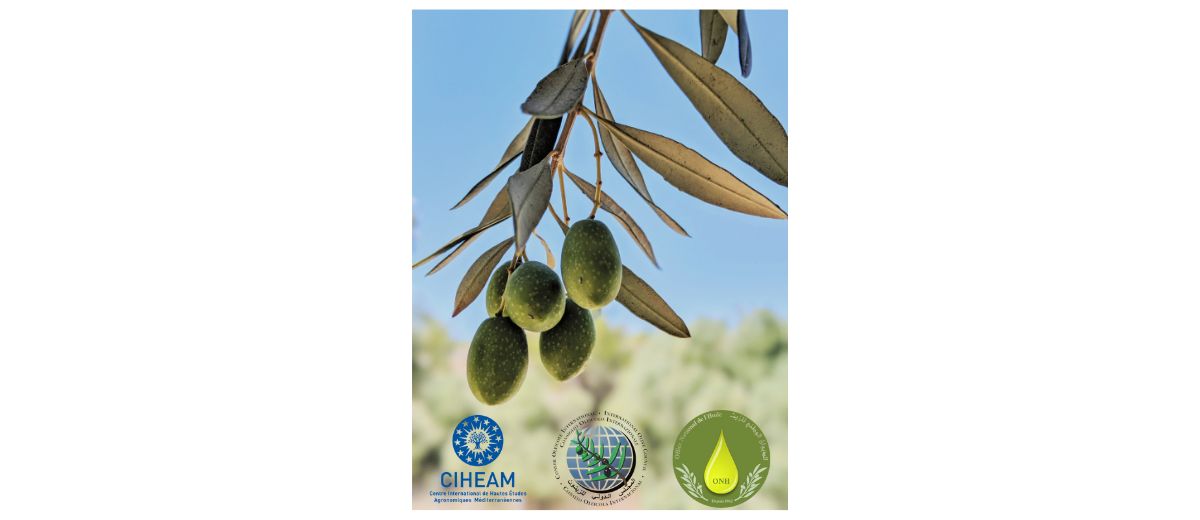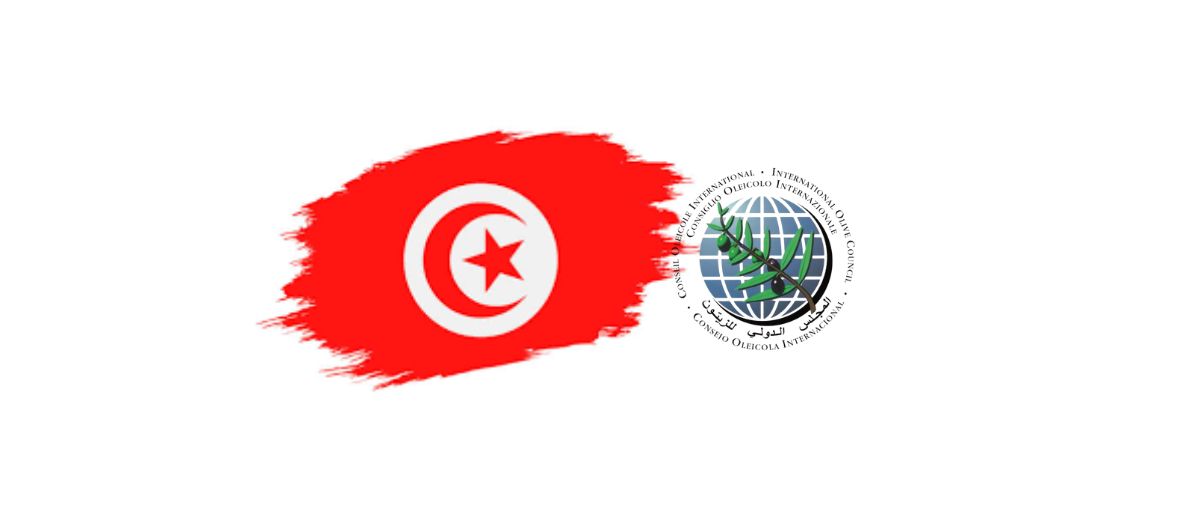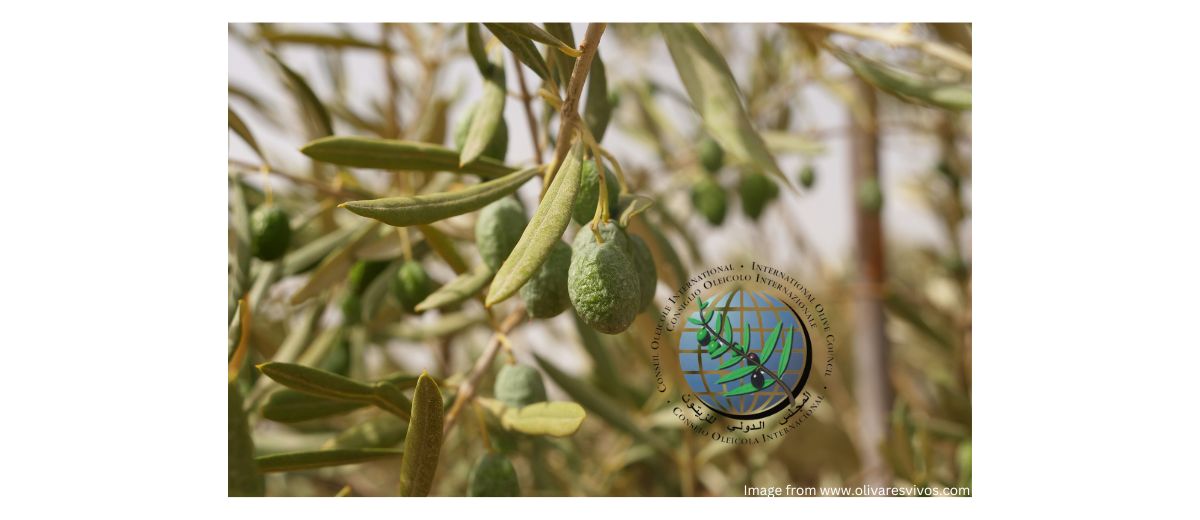The International Olive Council (IOC) is proud to announce the 4th edition of its Virgin Olive Oil Organoleptic Assessment Course, taking place from 17 to 21 February in Tunis, Tunisia, and delivered exclusively in Arabic. This edition of our prestigious training programme brings together 25 participants from eight countries, underscoring the importance of olive oil quality assessment.
The opening ceremony was presided over by Abderraouf Laajimi, IOC Deputy Executive Director, alongside Hamed Daly Hassen, Director General of Tunisia’s National Olive Oil Office (ONH, by its French acronym), and Raúl Compés, Director of the International Centre of Advanced Agronomic Mediterranean Studies of Zaragoza (CIHEAM Zaragoza). The course is organised by the IOC in collaboration with the ONH and CIHEAM Zaragoza, highlighting the synergies between key institutions dedicated to the promotion of sustainable agriculture and international cooperation. Representing the IOC at the inauguration were also Lhassane Sikaoui, Head of the Olive Growing, Olive Oil Technology and Environment Unit, and Catarina Bairrao, Head of the Technical Cooperation and Training Department.
 This initiative reflects the growing interest among IOC member countries in sensory analysis as a fundamental tool for evaluating the quality of virgin olive oil. Through rigorous training in olive oil tasting, the course aims to enhance the application of IOC standards and reinforce the professional skills of experts in the sector.
This initiative reflects the growing interest among IOC member countries in sensory analysis as a fundamental tool for evaluating the quality of virgin olive oil. Through rigorous training in olive oil tasting, the course aims to enhance the application of IOC standards and reinforce the professional skills of experts in the sector.
Participants engage in an intensive programme covering the essential principles of organoleptic assessment, including the identification of positive attributes and defects in virgin olive oil. Led by renowned experts, the training will provide hands-on experience with different oil profiles, equipping attendees with the expertise needed to ensure compliance with international trade standards and promote consumer confidence in olive oil quality.
The IOC remains committed to fostering excellence in the olive oil sector through education, research and collaboration. By strengthening organoleptic assessment capacities worldwide, this course contributes to the harmonisation of quality standards and the protection of consumers and producers alike.
For more information about the IOC’s initiatives and training programmes, visit www.internationaloliveoil.org.









